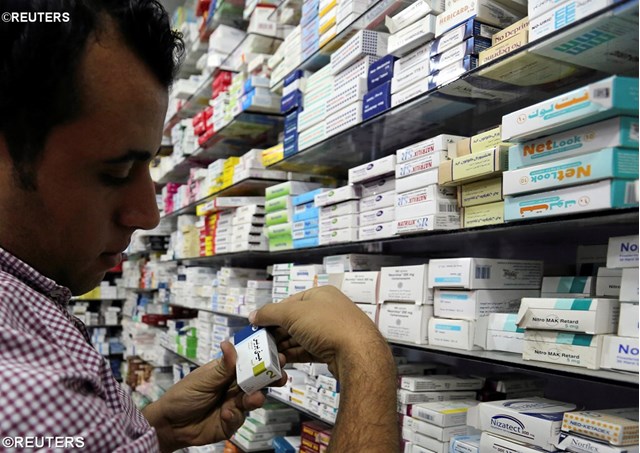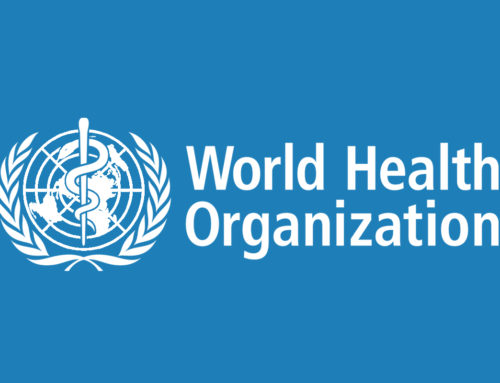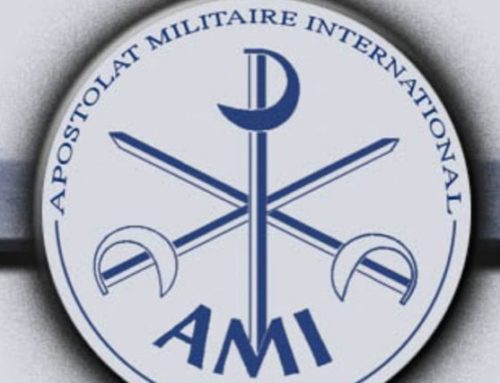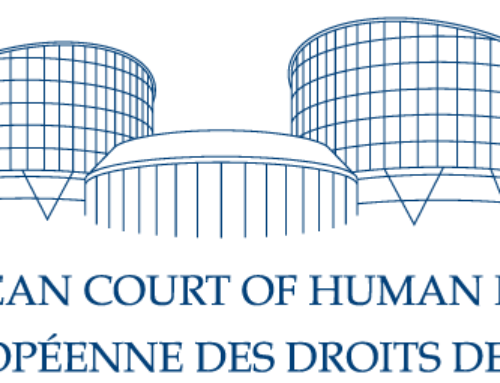(Vatican Radio) Archbishop Ivan Jurkovič, the Permanent Observer of the Holy See to the United Nations and Other International Organizations in Geneva, on Wednesday told the UNAIDS Program Coordinating Board it is “a fundamental responsibility of the international community…to ensure that all people have affordable and sustainable access to life-savings medicines.”
“Although such access is recognized as a fundamental right in both customary international law and treaty law, it has emerged as a major public health issue, in particular considering the impact of patents on the prices of drugs,” the Vatican diplomat said.
“Millions of people throughout the world face significant obstacles in their quest to fully and equally enjoy this right,” – Archbishop Jurkovič said – “The proliferation of plurilateral treaties and the tendency to further enlarge the Regional Trade Agreements (RTAs) to form mega-regional trade agreements have resulted in reduced access and affordability and have provided excessive legal rights to foreign investors, thereby limiting the policy space for nations to promote sustainable and inclusive development.”
The full statement is below
Statement by H.E. Archbishop Ivan Jurkovič, Permanent Observer of the Holy See
to the United Nations and Other International Organizations in Geneva
at the UNAIDS Program Coordinating Board
Geneva, 7 December 2016
Mr. Chairperson,
The Holy See is pleased to intervene on Agenda Item 6: Synthesis report of existing research and literature on intellectual property (IP)-related and other factors impacting the availability, affordability, and accessibility of treatment and diagnostics for HIV and co-infections in low and middle-income countries. In recent years, my delegation has carefully monitored and actively engaged in similar discussions, which resulted in such important documents as the Political Declarations on HIV and AIDS of 2001, 2006, 2011, and 2016, the WHO Global Strategy and Plan of Action on Public Health, Innovation and Intellectual Property, and the WTO Declaration on the TRIPS Agreement and Public Health. The UNAIDS Report being discussed today represents a comprehensive overview of the various processes that led to the above-mentioned landmark documents.
Earlier this year, the Pontifical Council for Justice and Peace, in collaboration with UNAIDS and Caritas Internationalis, convened two meetings with leaders of pharmaceutical and diagnostic manufacturers in an effort to address and resolve the obstacles to early diagnosis and treatment for children living with HIV. The discussions during those meetings led, in fact, to the design of a Super-Fast Track for Children living with HIV, which is included in new strategic directions being proposed by UNAIDS during the current meeting.
My delegation believes that a fundamental responsibility of the international community is to ensure that all people have affordable and sustainable access to life- savings medicines. Thus, many years ago, the former United Nations Commission on Human Rights clearly acknowledged, as an entitlement for all, “… [t]he prevention, treatment and control of diseases, including access to medicines.”
Although such access is recognized as a fundamental right in both customary international law and treaty law, it has emerged as a major public health issue, in particular considering the impact of patents on the prices of drugs. Article 25 of the Universal Declaration on Human Rights (UDHR) includes the right to health and medical care within the more general rubric of the right to “enjoy an adequate standard of living”. However, nowadays, millions of people throughout the world face significant obstacles in their quest to fully and equally enjoy this right. For this reason, the highest attainable standard of physical and mental health remains a distant goal.
The proliferation of plurilateral treaties and the tendency to further enlarge the Regional Trade Agreements (RTAs) to form mega-regional trade agreements have resulted in reduced access and affordability and have provided excessive legal rights to foreign investors, thereby limiting the policy space for nations to promote sustainable and inclusive development.
As the UN Secretary-General has stated, despite the focused efforts and the promising results from the Millennium Development Goals, millions have been left behind; consequently, Member States have agreed on the Sustainable Development Goals targeting achievement by the year 2030.
In his Encyclical Letter Laudato si’ Pope Francis recalls the troubling extent of exclusion in our world: “(…) there is little in the way of clear awareness of problems which especially affect the excluded. Yet, they are the majority of the planet’s population, billions of people. “[49, 51]
Access to affordable medicines no longer represents a challenge just for the Least Developed and other developing countries; it has also become an increasingly urgent issue for developed countries. Mr. Chairman, our focus must remain strong, and we must remain unwavering in our commitment to leave no one behind and to build a more sustainable world by 2030.
I conclude with the strong appeal of Pope Francis to the industry leaders who were convened at the Vatican earlier this year, since, hopefully, it might motivate additional reflection and action resulting from the report presented for discussion today: “The Church appreciates very much your scientific and technical efforts. On the other hand, we are painfully aware of ’the difficulty of millions of persons to gain access to conditions of minimal subsistence and indispensable medicines in order to be cured’ I sincerely hope that your dialogue will not come to an end after this brief session; let it continue until we find the will, the technical expertise, the resources and the methods that provide access to diagnosis and treatment available to all, and not simply to a privileged few, for ’there is no human life that is more sacred than another, as there is no human life that is qualitatively more significant than another.‛”
Thank you, Mr. President.









